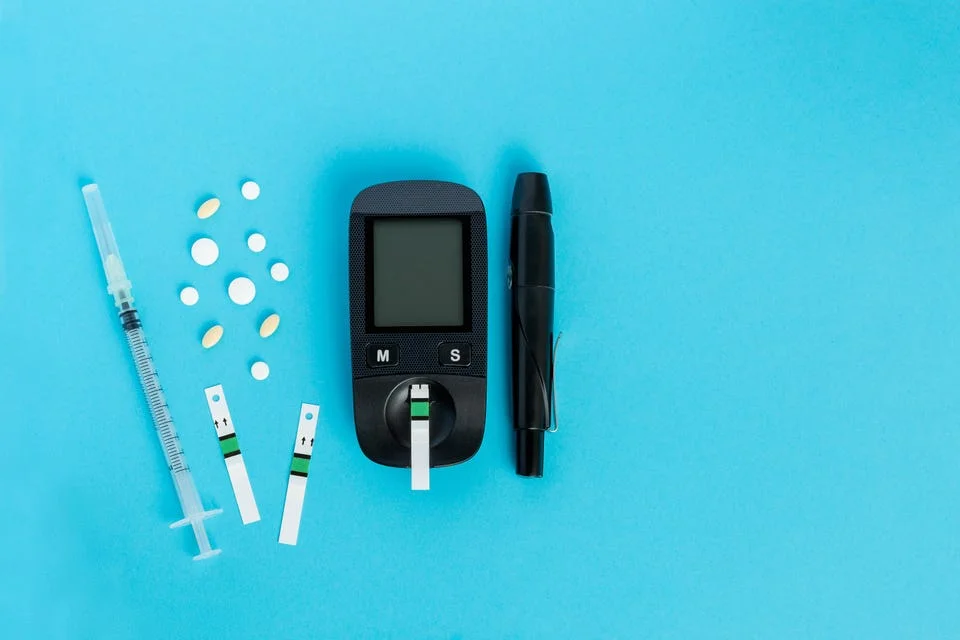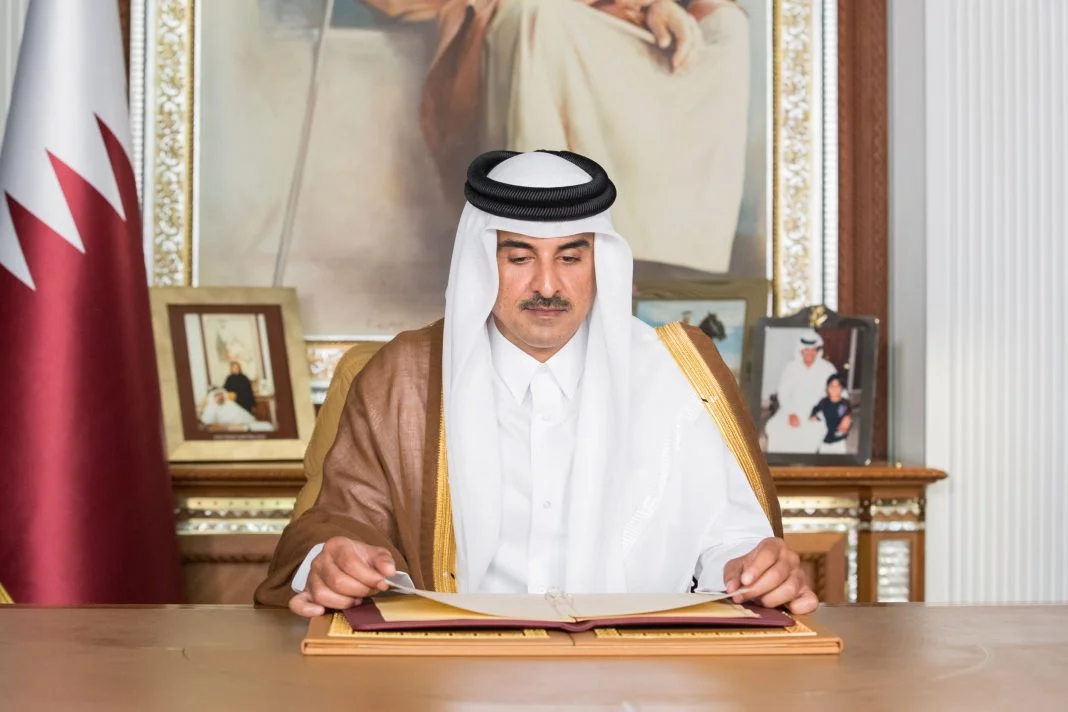
As we make way into this decade, tech companies are rushing to predict what the next life-changing product category will be. To understand what that may be, we can take a look at what tech companies are currently prioritising and building – combining healthcare with wearables. Read also: HMC to open ‘revolutionary’ diabetes clinic In particular, patents and partnerships among tech companies suggest many are working on a non-invasive glucose monitor to assist those with diabetes. It’s estimated that 1 in 11 people have diabetes, with half of them undiagnosed. Tech companies have already seen success in combining healthcare with wearables in products such as the Apple Watch, branded as health and fitness devices. What is non-invasive glucose monitoring? Recent diabetes technologies such as those from Libre and Dexcom have made it significantly easier for people to monitor their glucose levels. Instead of requiring the person to prick their finger to check their blood, these devices attach to the person and continuously monitor their sugar levels. Many believe this is the start, not the end, of glucose monitoring technology. Diabetes has become the focus of many companies, including Apple and Google, who are looking to build what is referred to as “non-invasive glucose monitoring”. The goal is to build a device that can monitor glucose levels without requiring its placement underneath the host’s skin. As one researcher put it: “The overall strategy is to provide a glucose sensing technology that does not require a needle to puncture the skin and simultaneously reduces waste, increases convenience and saves money” Who’s building it? Many companies are believed to be researching and developing non-invasive glucose monitors, with some reportedly only a year away from launch. We take a look at some of the most exciting upcoming projects for diabetes patients. Afon Afon’s smartwatch may hit the market as early as next year [Afon] Welsh company, Afon, is expected to be the first to release such a product. The company announced a smartwatch that continuously monitors blood glucose, automatically alerting the user of both high and low levels. Unlike existing technology, the watch is simply worn on the wrist rather than attached underneath the skin. Initial research and testing have shown that the watch is capable of delivering on its company’s promises. Professor de Vries, Principal Investigator of the Faculty of Medicine at the University of Amsterdam, said, “we evaluated the Afon device under both hyper-and hypoglycaemic conditions during the clinical trials and we were surprised and excited by the possibilities of this technology.” The watch will undergo further clinical research before hitting the shelves. Developers say it may be available for sale as early as next year. Apple [Apple] Apple’s CEO, Tim Cook, has emphasised the company’s commitment to healthcare, saying it will be its “greatest contribution to mankind”. He’s also repeatedly described Apple as a health company. It’s not believed that Tim Cook has diabetes, though he was seen testing a continuous glucose monitor. Regardless, Apple has reportedly been working on a non-invasive monitor for over a decade, going as far back as when Steve Jobs was still CEO. A few months ago, a supplier with relationships to Apple announced a wearable system that can monitor various health metrics, including blood glucose levels. Rockley Photonics, the UK supplier, isn’t building the product commercially but rather as technology that other companies can integrate into their products. “Our reference designs will significantly aid our customers and partners with the deployment of our technology and accelerate their own scalable, high-volume product delivery”, said Rockley Photonics in a statement announcing their technology. Rockley’s technology will likely power the Apple Watch’s health sensors [Rockley Photonics] When Rockley went public, filings from the company revealed that Apple was its biggest customer. It’s believed that Apple is planning to integrate non-invasive glucose monitoring in its popular smartwatch. Earlier this year, patents showed that Apple is developing a terahertz radiation sensor to enable non-invasive glucose monitoring into the Apple Watch. It’s not clear if Apple will use Rockley’s technology or their own to enable glucose monitoring in its smartwatch. However, it’s likely the company is investing in several approaches to identify which is most feasible. Such technologies could help brand the Apple Watch as an even more appealing healthcare product. The Apple Watch Series 7 is expected to be announced next week, though it’s unlikely that glucose monitoring will be available in this model. Alphabet Fitbit’s health app allows for glucose level analysis [Fitbit] Google’s parent company, Alphabet, is also working on non-invasive glucose monitoring. It acquired smartwatch company Fitbit in 2019, accelerating its entry into the fitness space. Fitbit itself was working on painless glucose monitoring both in-house and through partnerships with leading diabetes companies. Separately to Fitbit, Alphabet is partnering with other companies too to help it build the first device of this kind. Previously, the tech giant explored the possibility of monitoring blood glucose using a contact lens that would analyse the level of glucose in tears. However, that project was shut down in 2018 due to “insufficient consistency … between tear glucose and blood glucose concentrations”. Is it even possible? Research on non-invasive glucose monitoring has been happening for over a decade now, leading many to have doubts over a commercial product ever hitting the shelves. Every year, rumours of an Apple Watch with such technology surface only to be shut down weeks later. Some researchers have said that such devices are physically impossible to build and that they will never be released to the public. However, this hasn’t stopped tech companies from investing tonnes of money into the research and development of these monitors. With products such as Afon’s and Rockley’s making it past initial trials this year, there is renewed hope for non-invasive glucose tracking. Many startups are expected to be working on such technology, too, not just the ones listed in this article. As a result, it’s now widely believed that we’ll see the launch of several non-invasive glucose monitors this decade. The first company to invent such a system won’t just get rewarded with a large pile of cash, but it will also help improve the quality of life of 700 million people.





